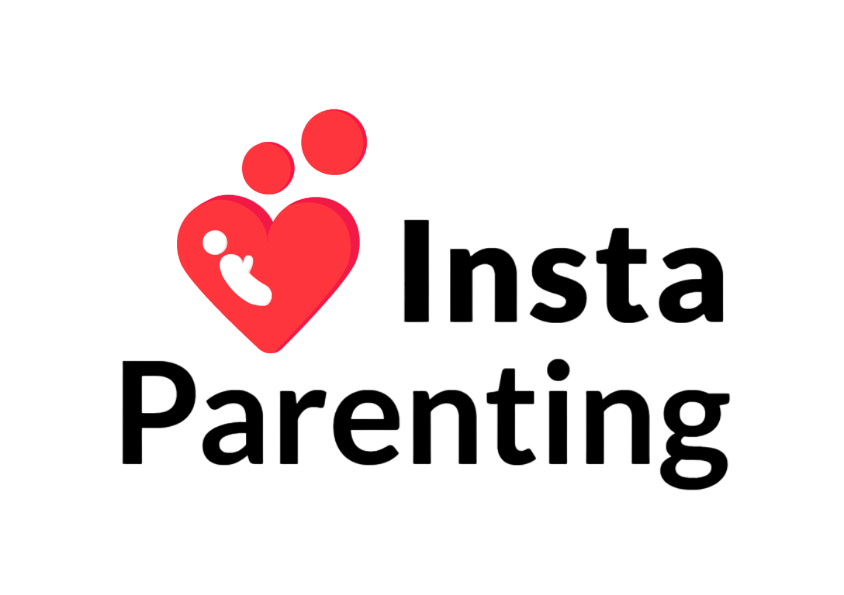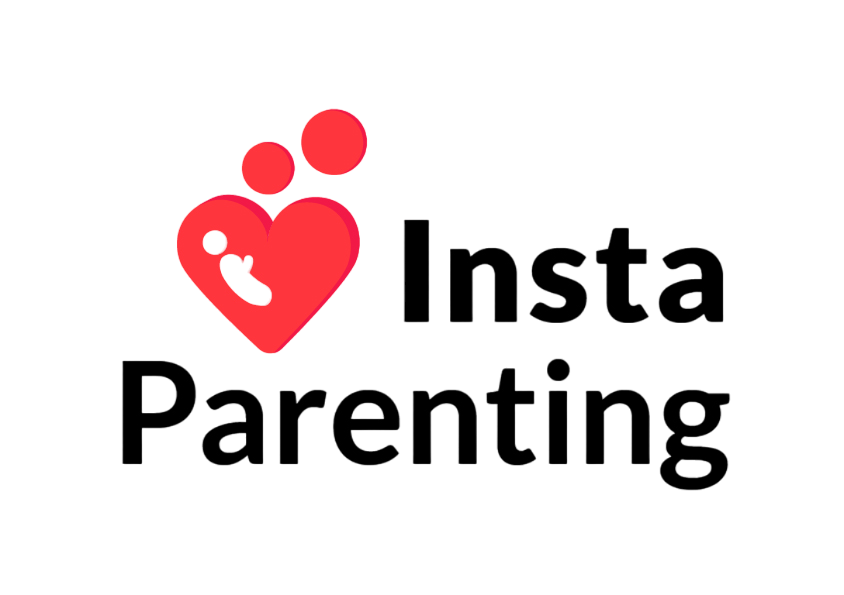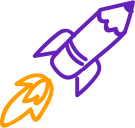Baby develops the fastest from birth to 1 year old. These changes take place across various domains of development i.e.
- Cognitive
- Physical (Fine and Gross Motor)
- Socio-emotional and
- Language.
Most children follow a certain pattern of growth and development or achieve certain skills/abilities at a particular stage in development. These are called developmental milestones. However, it is important to note that every child grows and develops at their own pace, and might achieve a few milestones faster or slower than usual. If you feel concerned about your child not achieving a milestone, contact your pediatrician or speak to our expert.
Did you know?
90% of a child’s brain development happens by the age of 6?
Cognitive Development:
- Recognizes and responds when called by their name.
- Explores their own body with mouth and hands; might have a tendency to put everything in their mouth.
- Spends a longer time studying toys and discovering what to do with them.
- Begins to show curiosity about people.
- Begins to display object permanence (e.g. finds a toy that you have hidden in front of them).
- Understands cause and effect (e.g. banging toys together makes a sound).
- Enjoys playing “peek-a-boo”.
- Might imitate or copy actions or gestures observed.
- Might follow one-step instructions (e.g. “come here” while parent makes actions) along with signs/demonstrations
Physical Development:
- Rolls over in both directions, easily (front to back, back to front).
- Begins to sit, first leaning forward on hands (sits without support by 9 months).
- Begins to sit, first leaning forward on hands (sits without support by 9 months).
- Tries to move from one place to another (e.g. crawling, dragging bum, pivoting on the tummy, etc.).
- Might rock back and forth in an attempt to crawl – backward first, then forward.
- Begins to crawl (by 6-7 months).
- Stands with support, when helped into a standing position.
- Controls upper body and arms (e.g. pushes up with arms, when on tummy).
- Performs a variety of actions with toys and other objects (e.g. Banging objects, throwing/dropping objects, etc.).
- Might start clapping hands.
- Can hold objects with either one or two hands (e.g. holding a bottle to drink).
- Passes an object from one hand to the other with ease.
- Palmar Grasp becomes more sophisticated (will be able to pick an object using only thumb, index and middle finger by 9 months).
- Might begin to develop pincer grip (picking up small items using thumb and first finger).
- Develops ‘two-object’ focus (able to hold and manipulate object while observing the other one).
- Is still developing voluntarily release. Might drop objects rather than keeping them down.
- Tries to leap/pounce on a moving toy.
- At around 8-9 months, starts using furniture to try to stand (still needs help).
- Tries to climb steps by crawling.
- Begins teething – usually starting with the two centre front teeth in the lower jaw, then the two centre front teeth in the upper jaw.
Socio-emotional Development
- Prefers having the mother/primary caregiver around over others.
- Might start to show a fear of stranger and become clingy to parents (this is normal and fades away gradually).
- Becomes upset when parent/caregiver leaves.
- Might have a special/different smile for familiar adults.
- Might smile at their own image in a mirror.
- Might be fussy or cry to changes in emotions or looks of others.
- Likes to play with adults, especially parents and shows excitement for the same.
- Waves ‘goodbye’.
- Starts to develop likes/dislikes (e.g. foods, toys, etc.).
- Might become protective/possessive of their own things (e.g. toys).
- Might engage in attention-seeking behaviors (e.g. making snorting sounds).
Language Development:
- Responds to hearing sounds (e.g. a telephone ringing).
- Tries to Imitate speech sounds.
- Uses sounds/gestures to communicate (e.g. Holds out arms to be picked up and held, points to something).
- Uses vowel sounds together when babbling (“ah,” “eh,” “oh”).
- Makes various vowel sounds, especially “o” and “u”.
- Enjoys taking turns with a parent while making sounds.
- Begins to make two syllable sounds (e.g. ma-ma, ba-ba, da-da) but not necessarily with meaning.
Feeding and Sleeping Information:
- Shows a readiness for solid foods (e.g. shows interest in foods others are eating).
- Begins to try solid foods (e.g. banana slices).
- Begins to drink from a cup (held by a caregiver).
- Has around 2-3 naps a day, for about one to two hours each.
- Might wake up while sleeping at night, and cry.
Did you know?
Research reveals that – every $1 invested in an early childhood program can yield $4-$16 in returns.
Helps your child achieve the above milestones through simple at home activities 6 to 9 months old. Subscribe to Jyppzer Kids Plan Today





